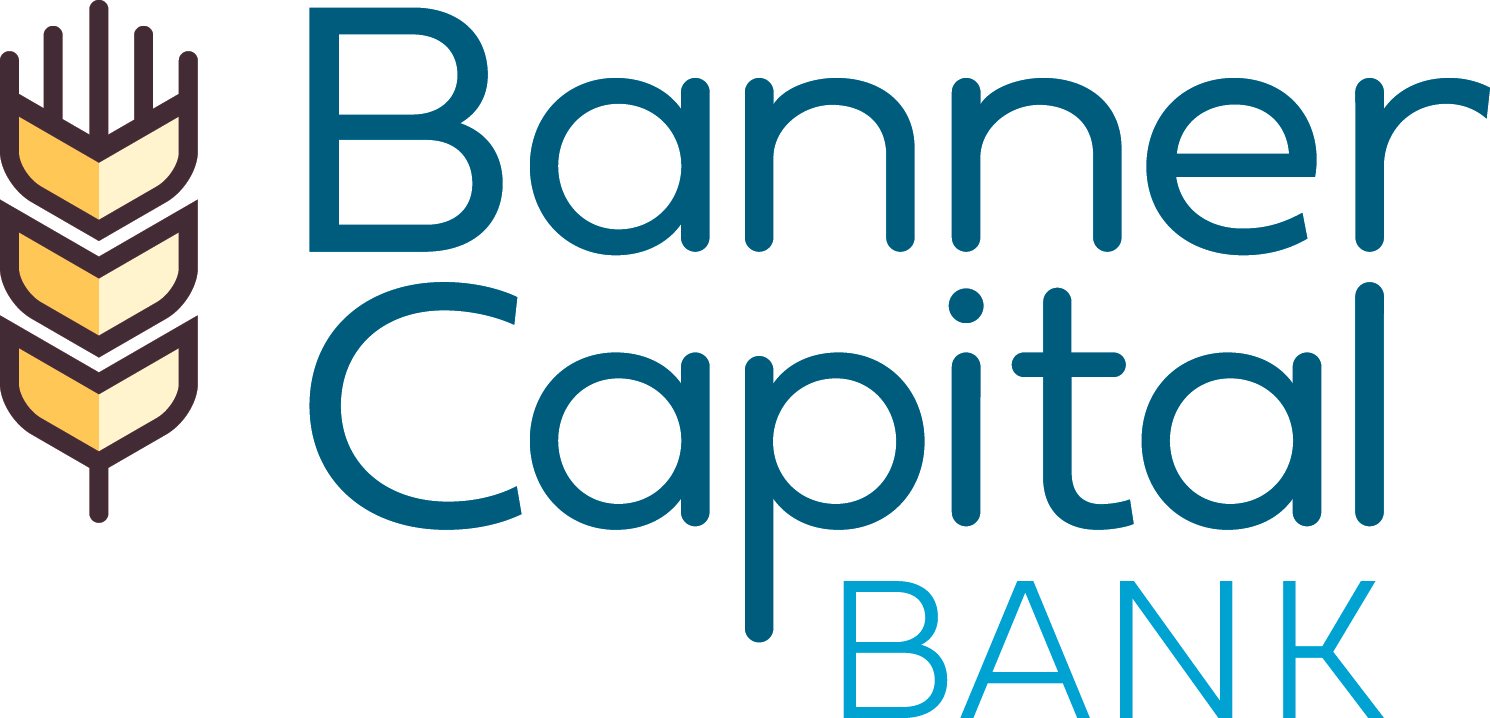by Britney Wallesch
I picked up the book on a whim. This morning, when my computer keyboard malfunctioned and the TV wouldn’t start, I opted instead to spend the early hours with it. I was plunged immediately into this poignant piece by a fledgling border patrol agent. A year in the life, so to speak. In it, the author struggles with his own morality - with the choices he makes after coming face to face with people immersed in the kind of real-life battle we could never imagine. It’s a job he sought out, intentionally seeking to understand some piece of the world entirely foreign to so many of us.
The essay (titled “Bajadas” by Francisco Cantu and Found in The Book Great American Essays of 2016) resonated with me and, on the heels of yet another couple of days that have forced me into introspection, motivated this letter to all of you.
Yesterday, we fielded calls and e-mails announcing the return of 5 dogs previously adopted from our program.
5 returned/failed/heartbreaking/hopeless adoptions. In. One. Day.
You all know we consider it a pretty great week when we can even do just 5 adoptions, so all of that in one day weighs pretty heavily. And you may not know this, but it’s pretty dang hard sometimes for us to find a foster home to take a returned adoption. It doesn’t feel nearly as rewarding, as triumphant as a new rescue. There’s none of that satisfaction of knowing you’re offering that pet a warm, soft bed - the quiet of a home, the freedom of a yard. With a returned adoption, there’s only defeat. There’s the fear that whatever caused the return is going to be more than you can manage at home, there’s the thought that potentially failing again might be to much to bear.
One of you came to me yesterday in tears over one of the returns. You took that foster baby back, no questions asked. But not without utter devastation. To love them once and let them go is hard enough. To feel trapped by what was supposed to be a good deed, when the adoption doesn’t work out and that pet has to come to you because there really is no place else to go is another thing entirely. You wanted a break, I understand. But you won’t get one. There’s really no one to blame, and because of that it sometimes feels like an entirely futile effort.
So when you cry and take them home anyway, I have to ask myself - why do I keep encouraging you to do it? I know, because I’ve lived it myself a hundred times over and because I’ve seen countless numbers of you through it too, that fostering homeless pets is thankless, heart-breaking work. I know that when you take that animal home you’re risking your home, your children’s well-being, your pet’s well-being, your heart, sometimes your marriage.
I’m going to encourage you to do it anyway.
I know that if you do it long enough, the day will come when I have to tell you that the pet we’d hoped to save is beyond saving. Sometimes you’ll be angry and hate me for it. Most times you’ll understand and support it, and struggle with immense guilt afterwards for having done so. I marvel at your strength and kindness every time. In all these years - I can count on one hand the number of times a foster family opted not to be in the room when their beloved foster pet slipped away.
And even when things go the way we planned - when a happy family comes along and adopts your pet, I know that we all choose to focus on the possibility that it’s going to work out. We tell ourselves that this adoption, this family, is going to be forever. Because what else can we do? We know that truthfully, a lot of those pets will never been seen again. The adopters won’t follow up, they’ll give the pet away to someone else. Or, they keep it, and hopefully they cherish it as we have done.
In this sense, I suppose we should be grateful for returned adoptions. Because at least we know, at least we get another chance. I know that the fact we do take dogs back is a source of pride and confidence for our foster families. So while on the one hand I know that finding foster homes for these dogs will be very hard, I also know that if we didn’t make and keep that promise, we might never get the chance to try and help them in the first place.
I guess my point in all of this is a sort of apology mixed with a rallying cry. I have to apologize, for asking you to volunteer for certain heartache, for frustrations, for helplessness and sorrow. I’m sorry that even though I know all of this is coming your way as a result of having fostered I am going to keep asking you to do it anyway.
But I also know that this is a choice you make. Just like that border patrolman did when he sought out his painful job. It is impossible to be human and avoid suffering. And while we cannot individually fight against every injustice we can, and almost always do, choose to fight at least one.
This is our battle. We are in it together. We stand together if only to say that this problem will not go unnoticed. We will endure endless guilt, a constant sense of being overwhelmed, pain and suffering that brings us to our knees over and over again because there is always hope that the next outcome will be different.
And, thankfully, a lot of times it is.








